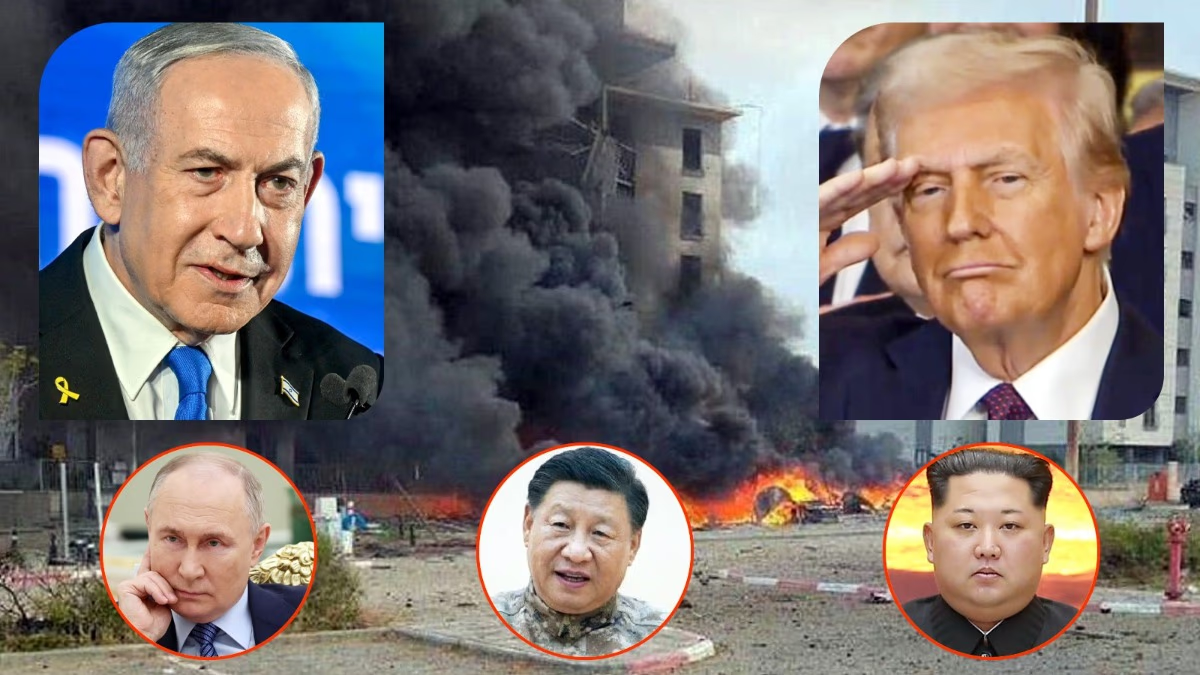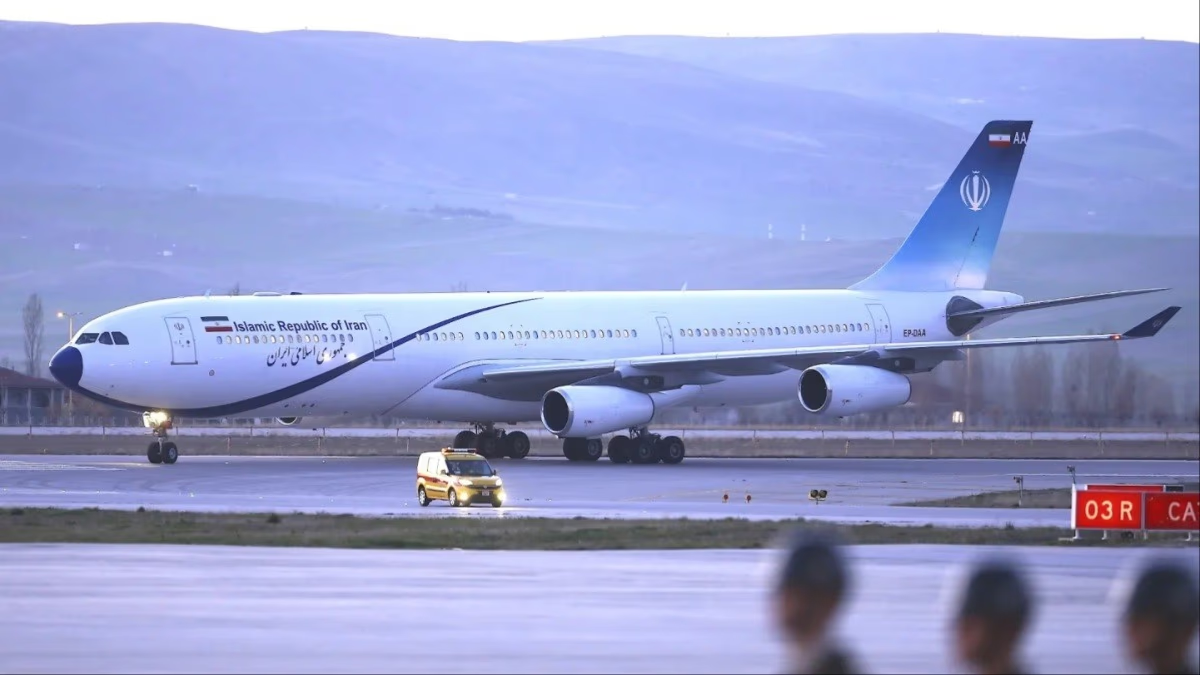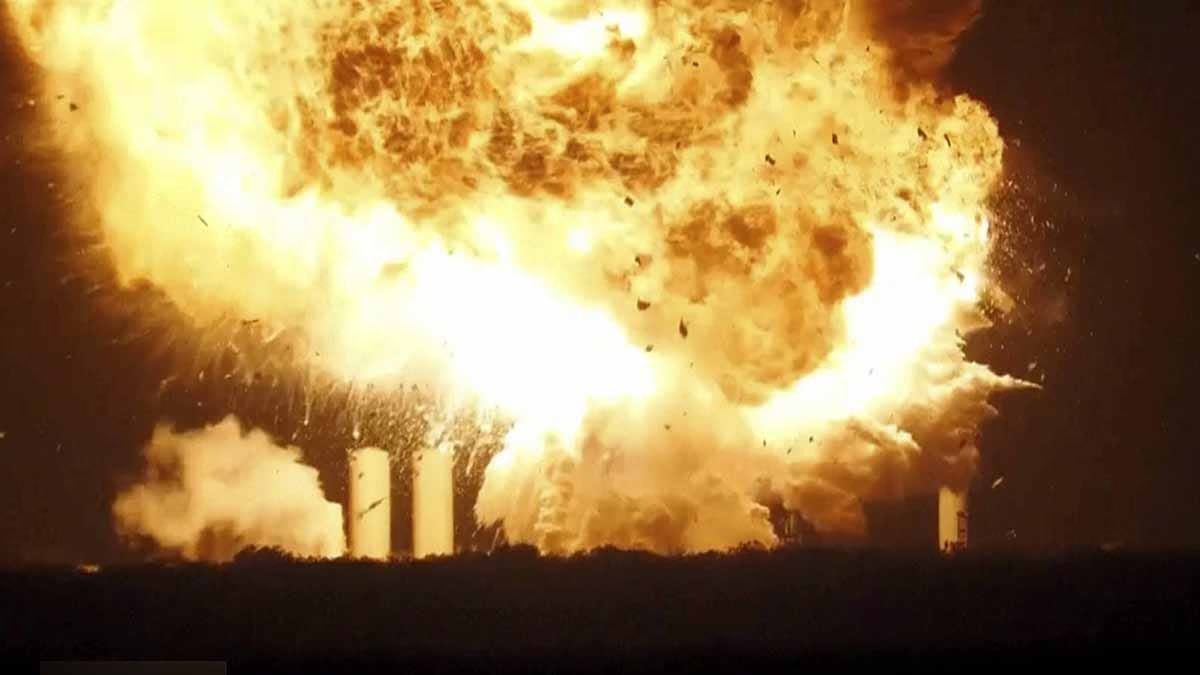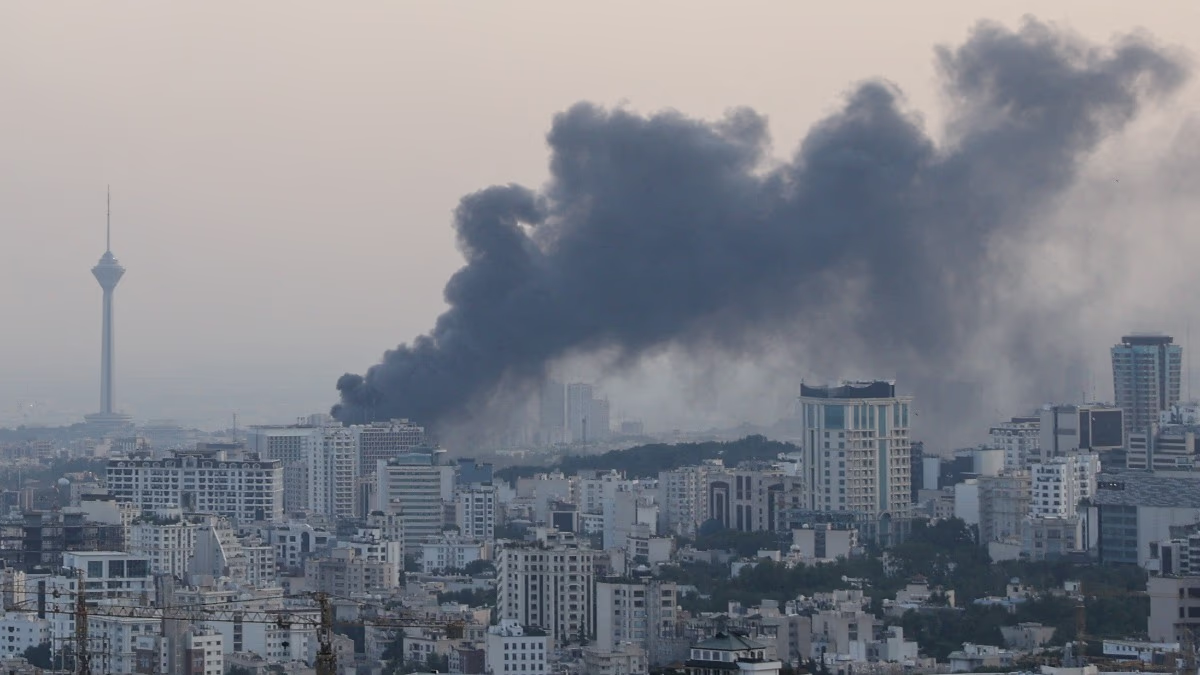To determine the outcome of the Iran-Israel conflict, President Donald Trump has taken a two-week period. This two-week window from the United States represents a 'strategic delay' by Trump, allowing him to evaluate all options. This timeline provides room for negotiation and diplomacy, while keeping open the option of military intervention.
The White House stated on Thursday that President Donald Trump will make a decision within the next two weeks regarding a military action against Iran.
During a time when Israel had gained a significant advantage over Iran, having eliminated its top military leadership, nearly taken full control of its aerial space and witnessed the deaths of Iran's top nuclear scientists, the Trump administration's statement indicates that American entry into the Iran-Israel war is not as simple as it seems.
This decision has put President Trump under both domestic and international pressure. The statement was issued shortly after the President had given Iran an ultimatum and demanded unconditional surrender from Iran's Supreme Leader, Khamenei. Trump had clearly stated in a threatening tone that America is well aware of the whereabouts of Iran's Supreme Leader and could target him easily; however, America chose not to, urging Iran not to make the mistake of attacking Israeli citizens and American forces.
However, the statement released by the White House on Thursday was quite surprising.
Before Trump's involvement in Israel's war, it is essential to understand the stance taken by Russia, China, and South Korea regarding this war.
Initially, during the beginning of the Israel-Iran conflict, Russia maintained a composed stance. However, after Trump's remarks, Russia changed its approach. The Russian Foreign Ministry issued a statement saying these attacks are a 'gross violation of international law' and escalate tensions in the Middle East.
Putin has clearly stated that if America attacks Iran, it will lead to nuclear devastation. Russia's Deputy Foreign Minister advised America to stay away from the conflict during the St. Petersburg Economic Forum. Deputy Foreign Minister Sergei Ryabkov said that attacking Iran could lead to significant instability in the Middle East.
It is noteworthy that Russia is a major military and economic ally of Iran, having provided S-300 missile defense system and other military technologies to Iran.
Russian President Vladimir Putin has appealed to both sides for restraint and to come to the negotiation table. He spoke with both Iranian and Israeli leaders, offering mediation to reduce tensions. Russia also reacted strongly to reports that Iran's Supreme Leader Khamenei might be targeted by Israel.
Former Russian President Dmitry Medvedev remarked that, 'Even the Israeli Defense Minister should understand that attacks on nuclear facilities are extremely dangerous and could lead to a repeat of the Chernobyl disaster.'
Russia's concerns are heightened by the notion that if altercations with Israel lead to a change in government in Iran, Russia's position in West Asia could weaken significantly. A weaker Iran could enhance U.S. and Israeli influence in the region. Since Assad's regime in Syria, Iran has become crucial for Russia, which is why Russia opposes any American military adventures in Iran.
Force is Not the Way to Resolve Issues
China has expressed 'deep concern' over the Iran-Israel conflict. Chinese President Xi Jinping has called for 'restraint' from both sides and urged to reduce tensions. The Chinese Foreign Ministry stated that it is in contact with Iran, Israel, and other parties, advocating for a peaceful resolution. China has called for a ceasefire and urged countries influencing Israel to act responsibly.
China is Iran's largest oil importer, and their economic ties are robust. Despite U.S. sanctions, China has provided financial and technical support to Iran.
Iran hopes that if America directly engages in this conflict, it might receive aid from China. There have been reports from various sources of China's potential assistance to Iran.
Following the situation in West Asia, Putin and Jinping engaged in a lengthy telephonic conversation. They reflected that a ceasefire is critically needed to prevent further conflict in West Asia and reiterated that force is not an appropriate method for resolving international disputes.
North Korea's animosity with America is well-known. The country has termed Israel's attacks as 'crimes against humanity' and characterized Israel as a 'cancer to peace.' The North Korean Foreign Ministry condemned Israel's actions as 'state-sponsored terrorism.'
It is noteworthy that North Korea and Iran have a long history of missile and military technology exchanges. North Korea has provided ballistic missiles and other military hardware to Iran, establishing robust ties between both nations.
A North Korean official remarked, 'The current grave situation clearly establishes that Israel, protected and backed by Western powers, especially the U.S., has become a cancer to peace in the Middle East, undermining global peace and security.'
North Korea blamed 'the Zionists bringing new wars to the Middle East' and the forces supporting them from behind, holding them fully accountable for destroying international peace and security.
Amidst these uncertainties, Trump has taken a 15-day period to make a final decision on engaging in the Iran conflict. Essentially, this is a strategic delay, allowing him to evaluate all available options. This period creates a space for negotiations and diplomacy.
Notably, in Geneva today, foreign ministers from France, Germany, and Britain will meet with Iran's Foreign Minister Abbas Araqchi. The discussions will focus on Iran's nuclear program.
Britain's Foreign Minister David Lamy mentioned that there is still an opportunity for a peaceful agreement with Iran regarding its nuclear program. Before the crucial talks in Geneva, Lamy urged all parties to act swiftly to avoid further escalation in the Middle East. He called for diplomacy to prevent widespread conflicts.
This timeline exerts psychological pressure on Iran, signaling that the U.S. might resort to military action if Iran refuses to negotiate. In such a scenario, the U.S. can assert that ample time was given to Iran. Simultaneously, it indicates to Israel that the U.S. will not intervene immediately in the war.
During this two-week period, the international community's reactions could range from peace talks, sanctions, or other diplomatic measures.




